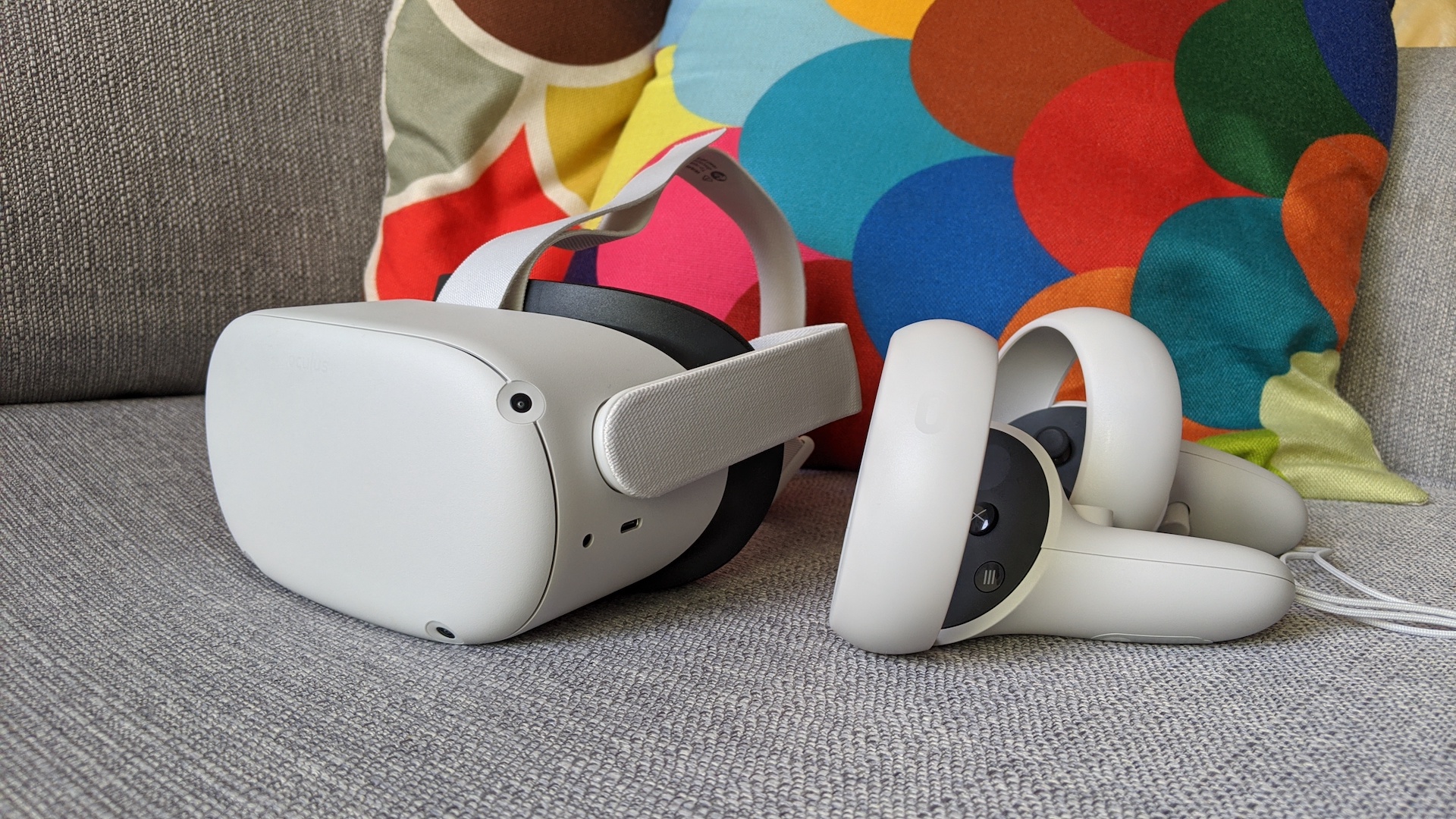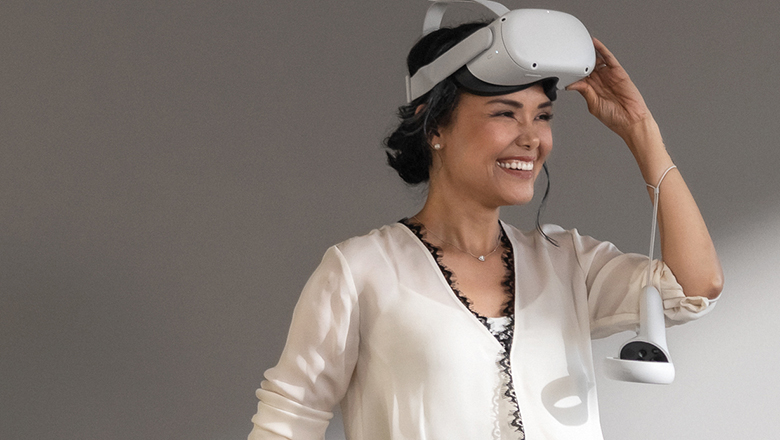Oculus Quest 3 and 4 already in development, says Mark Zuckerberg
Eye-tracking and face-tracking in the works for new Oculus Quest headsets

Facebook's Oculus Quest 2 headset came out to rave reviews only just towards the end of 2020, but its success means that the company shows no sign of slowing its virtual reality ambitions. In an interview with The Information, CEO Mark Zuckerberg revealed that not only is an Oculus Quest 3 successor in the works, but that the company is already in the early stages of work on the Oculus Quest 4.
“Because of how hardware gets developed, you kind of need to know what your next three products are going to look like all at the same time," said Zuckerberg.
"It’s not like software where we’re changing it every couple of weeks. We have product teams spun up now working on the next few generations of virtual reality and what Quest 3 and 4 are gonna look like.“
The most important developments for future Oculus Quest devices, according to Zuckerberg? "Getting eye-tracking and face-tracking in," he says.
"If you’re really excited about social presence you want to make sure the device has all the sensors to really kind of animate realistic avatars so you can communicate well.“
- Everything we know about Oculus Quest 3
- Check out our review of the Oculus Quest 2
- The best Oculus Quest games of 2021
Features vs comfort
The big push for Oculus it seems then sits with the social side of virtual reality. Zuckerberg and his team are looking to make social interactions in virtual reality more natural and lifelike, as they see more and more people hanging out, playing and working together in its digital spaces. But that ambition is a challenging one from a hardware perspective.
“On the VR side, I think the biggest things that we’re very focused on now are: how do you pack more sensors, to create a better social experience, into the device?" he continued during the interview.
Get daily insight, inspiration and deals in your inbox
Sign up for breaking news, reviews, opinion, top tech deals, and more.
"To run each sensor requires more CPU power and that generates more heat and creates all these different issues.
"When I think about where you’re at with VR today, there’s some pretty great games & different experiences but I’d love to get to the point where you have realistic avatars of yourself, and where you can make real authentic eye contact with someone and have real expressions that get reflected on your avatar.
"So what do you need for that? Well you need to be able to do eye tracking to do eye contact. You need to have some sense of face tracking or sense of what’s going on with the person’s expressions in order to be able to have those emotions come through naturally.“

Bringing humans into VR is an interesting hurdle for any VR company or VR application. Oculus's existing avatars can already simulate lip movement when they recognise speech coming into the headset's microphone, but they remain disembodied torsos with limited expression.
Facebook announced back in September that the current Oculus Avatars system will be replaced soon by the Facebook VR avatars set up, with a team of designers (including Pixar alumni) bringing the more cartoony characters to life alongside the Facebook Horizon and Venues meeting spaces.
But Facebook's most ambitious avatar experiments remain its 'Codec Avatars', which rigged 132 cameras to generate a photo-real likeness of a VR user, animated in a VR space in real time. The public demo of this system took place way back in 2019 – so, a few years into its development, perhaps this is a feature we can hope to see commercialised in a future Oculus product.
- The best Oculus Quest 2 accessories available right now
Via: The Information / UploadVR
Gerald is Editor-in-Chief of iMore.com. Previously he was the Executive Editor for TechRadar, taking care of the site's home cinema, gaming, smart home, entertainment and audio output. He loves gaming, but don't expect him to play with you unless your console is hooked up to a 4K HDR screen and a 7.1 surround system. Before TechRadar, Gerald was Editor of Gizmodo UK. He is also the author of 'Get Technology: Upgrade Your Future', published by Aurum Press.
